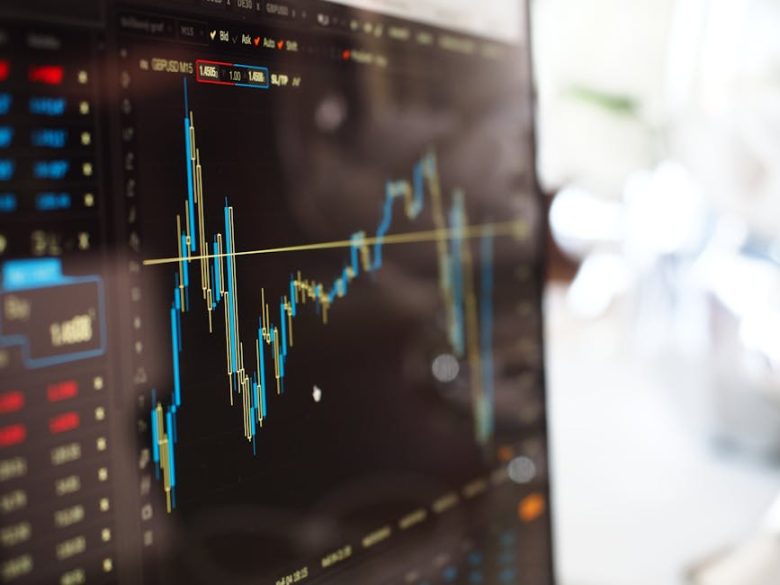In a world that thrives on immediacy, convenience has become the hallmark of modern living. From food delivery apps that bring gourmet meals to our doorsteps in minutes to streaming services that offer endless entertainment at the click of a button, our lives have been transformed by the ease of access. However, beneath this shiny surface of convenience lies a troubling reality: the hidden costs that come with our insatiable desire for instant gratification. As we embrace the comforts of modern technology, we must confront the question: what are we sacrificing in the process?
The allure of convenience is undeniable. It saves us time, reduces stress, and often enhances our quality of life. Yet, as we indulge in this lifestyle, we may overlook the broader implications of our choices. The impact of our convenience-driven habits extends beyond our personal lives; it ripples through our communities, economies, and the environment. Understanding these hidden costs is crucial if we hope to create a sustainable future that balances our need for instant access with the well-being of the planet and future generations.
One of the most significant consequences of our quest for convenience is the environmental toll it takes. The rise of fast fashion, for example, has led to a culture of disposable clothing, where garments are worn only a few times before being discarded. This not only contributes to massive waste in landfills but also exacerbates pollution through the manufacturing processes that prioritize speed over sustainability. As consumers, we often prioritize low prices and quick delivery, but the true cost of these choices manifests in the degradation of our planet’s resources.
Moreover, the convenience of digital technology has altered the landscape of human interaction. While social media and messaging apps make it easier to connect with others, they often replace deeper, more meaningful relationships with superficial engagements. The joy of a face-to-face conversation has been overshadowed by the speed of a text, leading to a society where loneliness and isolation are increasingly prevalent. As we seek instant connections, we must ask ourselves whether the ease of communication is worth the emotional distance it creates.
Additionally, the convenience-driven economy has profound implications for our mental health. The pressure to keep up with the fast-paced world around us can lead to chronic stress and anxiety. The constant barrage of notifications and the expectation to respond immediately can be overwhelming. In our pursuit of efficiency, we often neglect the importance of mindfulness and self-care, leading to burnout and a diminished quality of life. Recognizing the need for balance is essential for our mental well-being in this hyper-connected age.
Yet, amidst these concerns, there is hope. An increasing number of individuals and communities are beginning to prioritize sustainability and meaningful connections over convenience. Movements advocating for slow living, minimalism, and local consumption are gaining traction, encouraging people to reconsider their relationships with the products they buy and the time they spend. By embracing a more intentional approach to our choices, we can create a future that values quality over quantity, connection over convenience.
In conclusion, while the allure of convenience is strong, we must remain vigilant about its hidden costs. The environmental degradation, the erosion of genuine human connections, and the toll on our mental health are all consequences of our desire for instant gratification. By acknowledging these issues and advocating for a more sustainable and mindful approach to living, we can pave the way for a future that honors both our needs and the world around us. It is time to strike a balance between convenience and responsibility, ensuring that our pursuit of ease does not come at the expense of our planet or our well-being.



